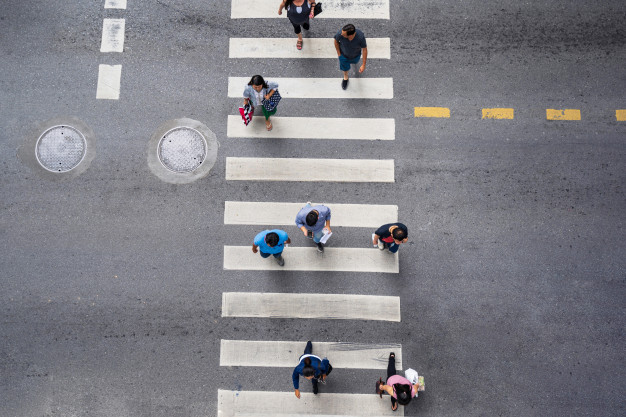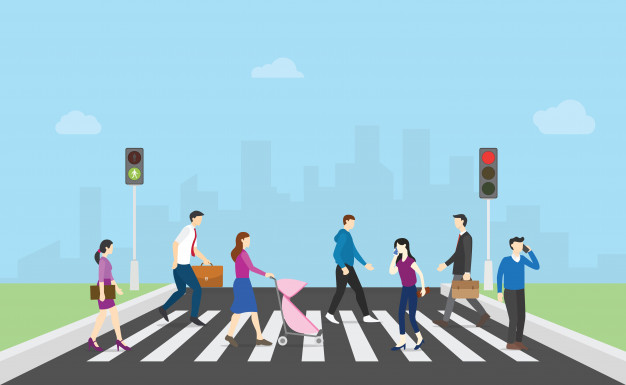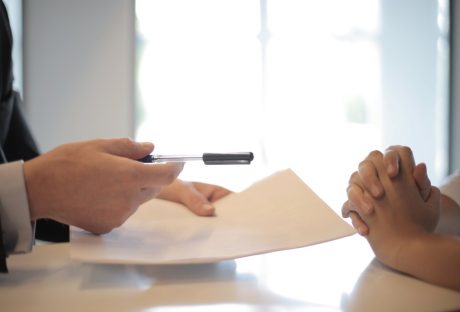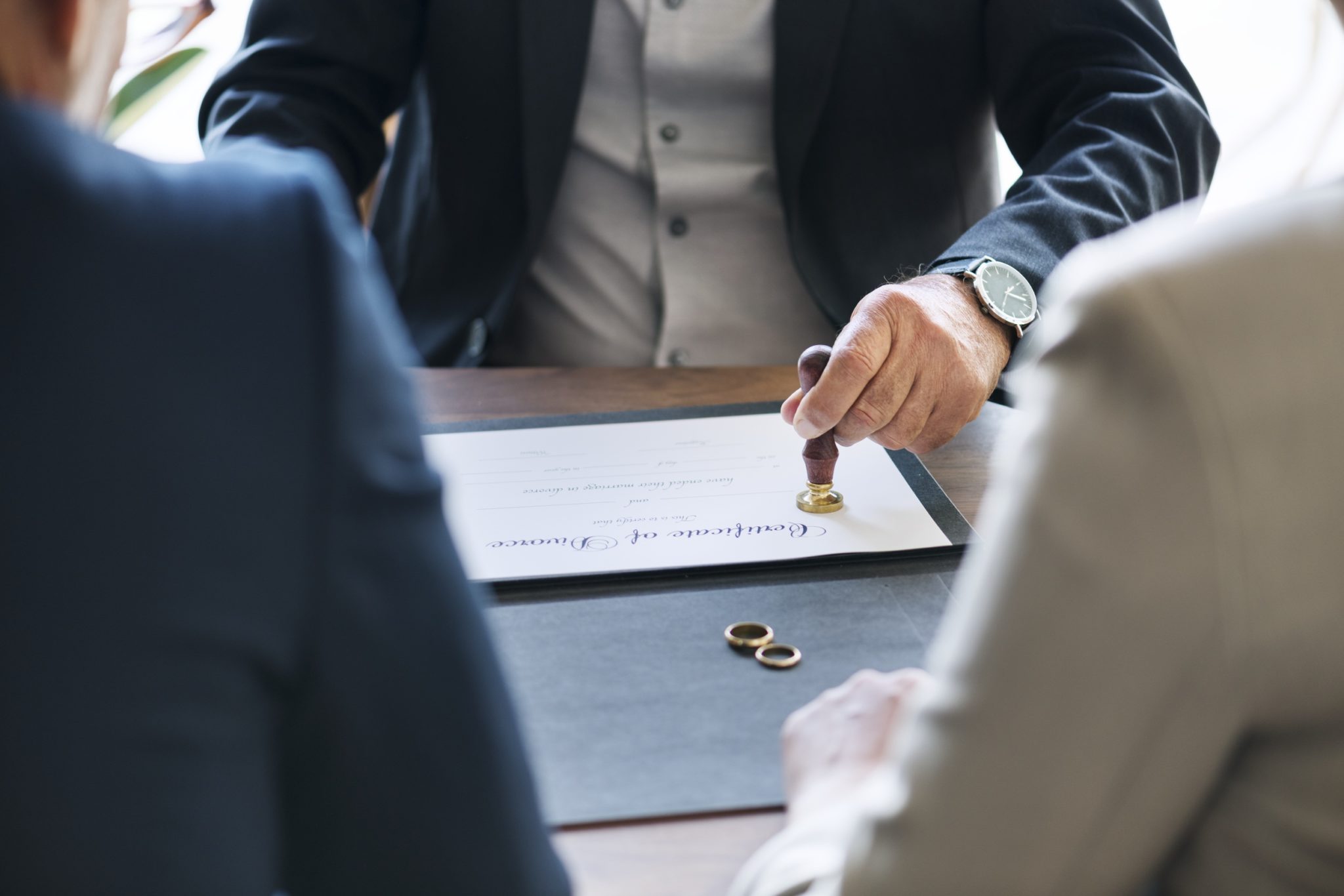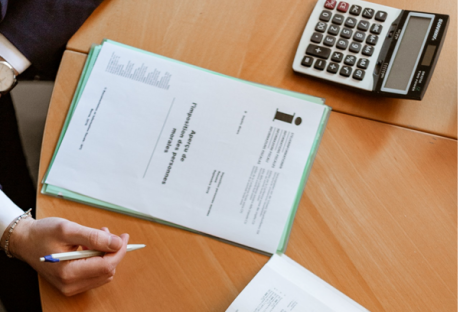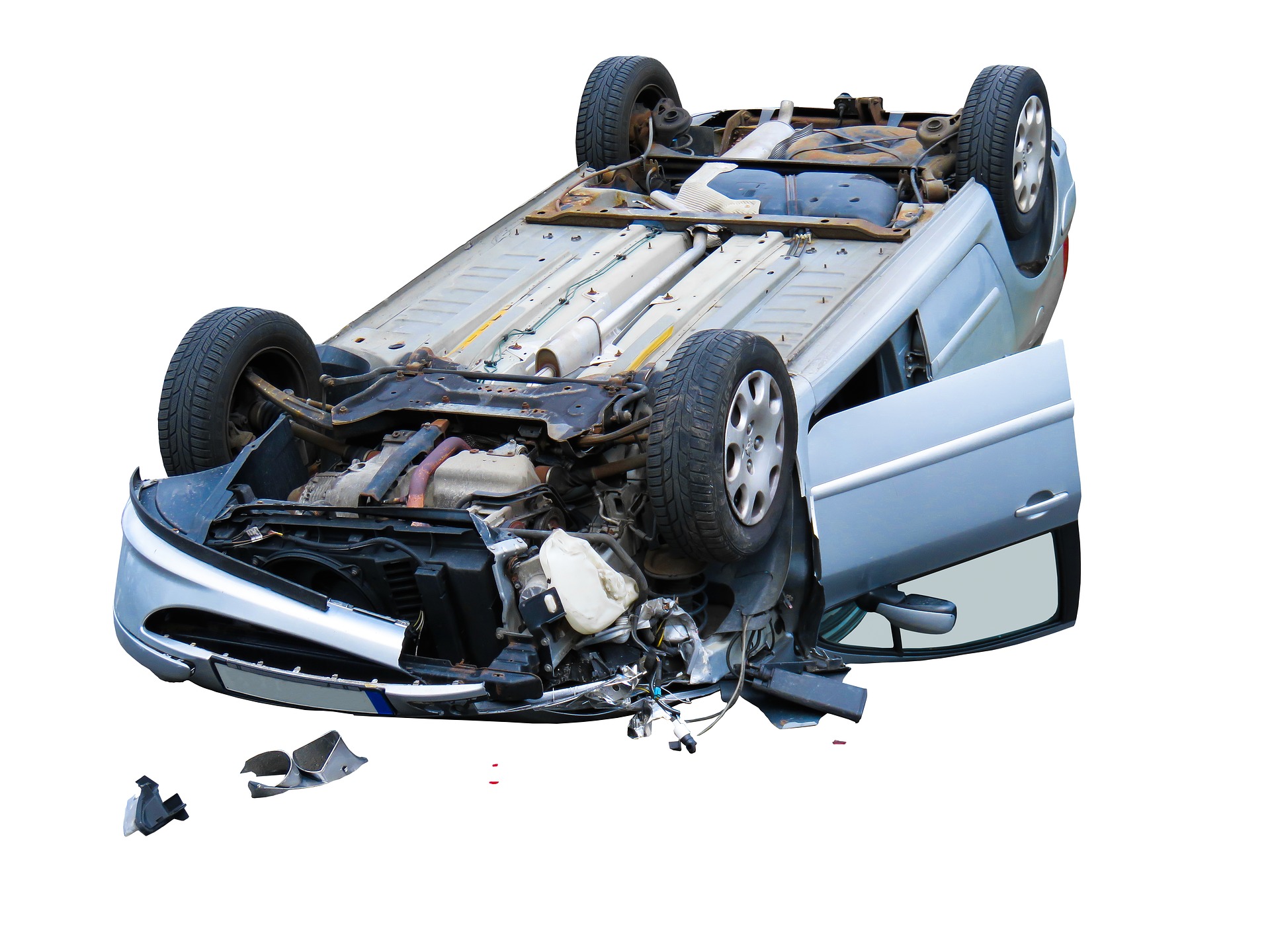Georgia is a great place for people who like to walk. There are many cities and neighborhoods that are dedicated to walking communities. There are walking paths available in downtown Atlanta for residents, employees, visitors, and customers. The Metro Atlanta area is also full of parks that are pedestrian-friendly. And let’s not forget that the rural parts of the Metro area have abundant hiking trails.
All this makes Georgia seem very pedestrian-friendly, right? Not necessarily. While Georgia may encourage walking, that does not mean that pedestrians are always safe.
How Safe are Pedestrians in Georgia?
In 2019, Smart Growth America conducted an urban planning and development study. Atlanta was included in their study, including a portion dedicated to how pedestrian-friendly certain states are. How did Georgia rank? Put together by The Embry Law Firm, let’s take a look at some statistics:
- Overall, the state ranked as the 6th most dangerous state for pedestrians.
- The Metro Atlanta area ranked as the 25th most deadly region for pedestrians.
- From 2008 to 2017, 1,782 pedestrians were hit and killed by cars across the state.
- That accounts for 1.76 pedestrian deaths per 100,000 people.
- The annual average number of pedestrian deaths in Georgia is 184. The national average is 1.55.
- From 2011 to 2015, pedestrian deaths increased by 58%.
- 78% of pedestrian injuries and fatalities occurred at “non-intersection” locations.
- 52% of pedestrian injuries and fatalities occurred while the individual was waiting to cross a road.
What this data means is that Georgia – and especially Metro Atlanta – may be friendly to pedestrians, but our state’s drivers are not.
Is the State Trying to Protect Pedestrians?
Knowing what we do about pedestrian accidents, injuries, and deaths across the state, we must consider if our state leaders are taking action in an effort to reduce those numbers and save lives. The answer is that, yes, state leaders are working on initiatives that could reduce the number of pedestrian accidents and deaths.
Georgia has adopted one major initiative called “Vision Zero”. This initiative is based on the idea that through engineering, education, and enforcement (the 3 E’s), traffic fatalities can be reduced to zero. Vision Zero holds to the idea that humans make mistakes. Therefore, road systems must be designed in a way that these mistakes do not lead to severe injuries or death.
Numerous countries and cities across the United States have adopted Vision Zero. Many have seen a dramatic improvement in their traffic fatality rates, including pedestrian deaths. One of the goals of Vision Zero is to enhance road safety for everyone – drivers, bicyclists, motorcyclists, pedestrians, and public transit users.
What Can Pedestrians Do to Stay Safe?
Pedestrians can do their part in the fight to reduce the number of pedestrian accidents and fatalities each year. The Georgia Governor’s Office of Highway Safety recommends the following:
- Always walk on a sidewalk if possible. If there is no sidewalk, walk close to the left side of the street. When walking on the street, face traffic.
- Always cross the road at a crosswalk if one is available.
- Never run out into the street or attempt to dash in between traffic.
- Pedestrians are required to obey traffic signals. Look at signals for “walk” or “don’t walk”.
- When walking near the street, wear bright clothing, or use the reflective gear.
- Encourage your children not to play in the street, even in quiet neighborhoods.
You can’t control the actions of others, but when you are a pedestrian, you can take measures to keep yourself safe and out of harm’s way.
Whether you are commuting to work in Atlantic Station, or are walking a trail along the Chattahoochee River, walking is a favorite pastime for Georgians. It is important, however, that all of us do our part – whether walking or driving – to protect ourselves and others around us. This is the best way to improve safety for all of Georgia.
Read Also:













